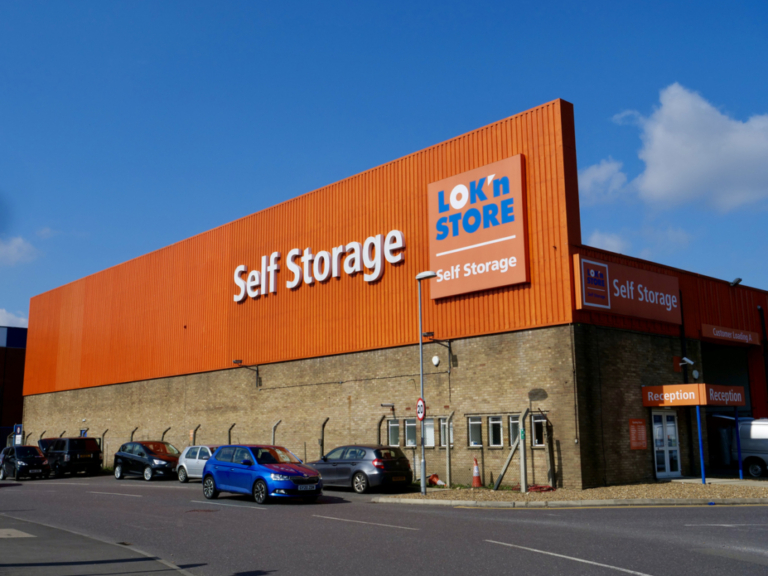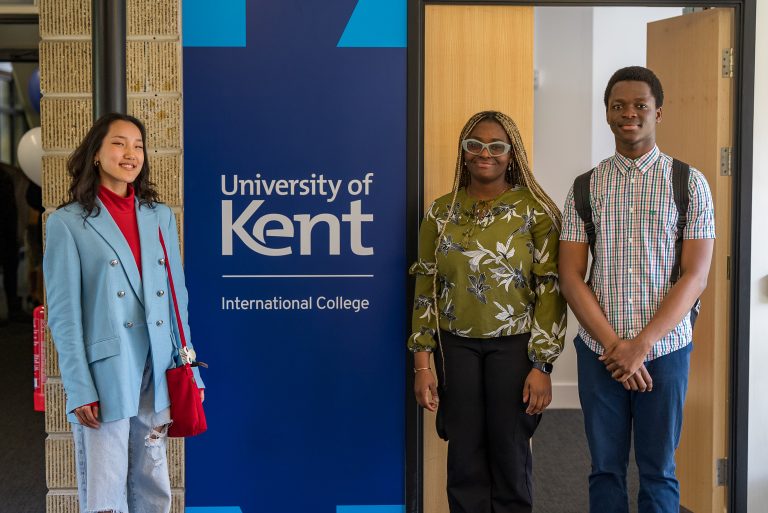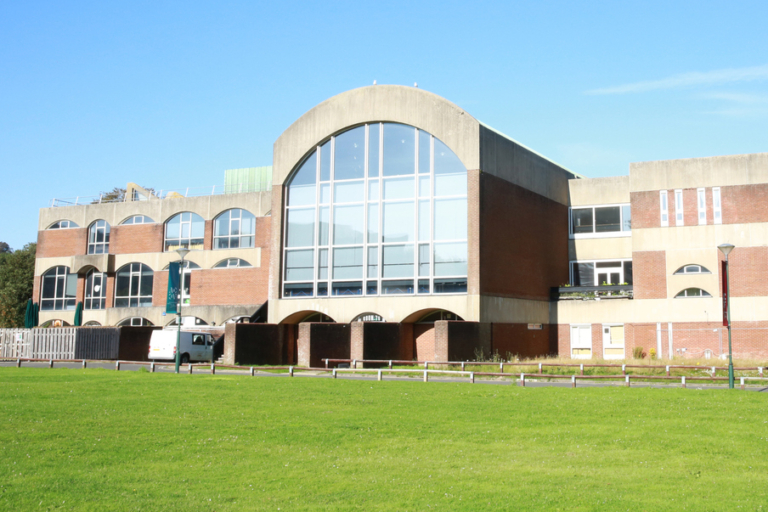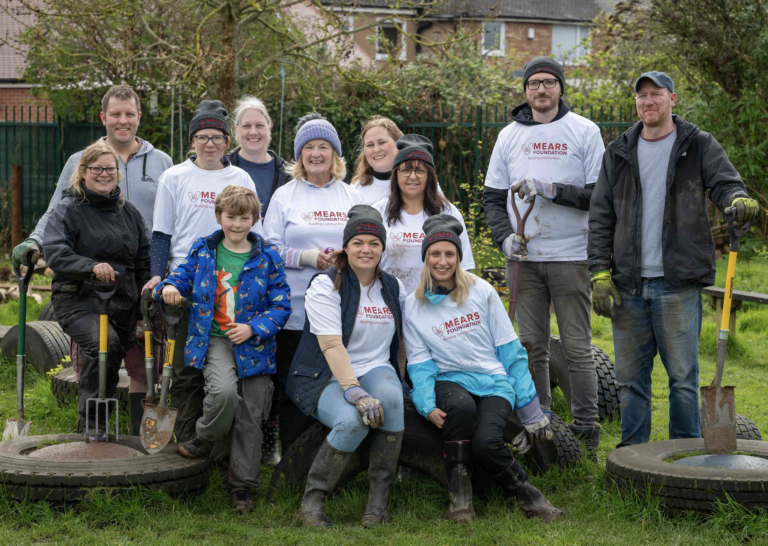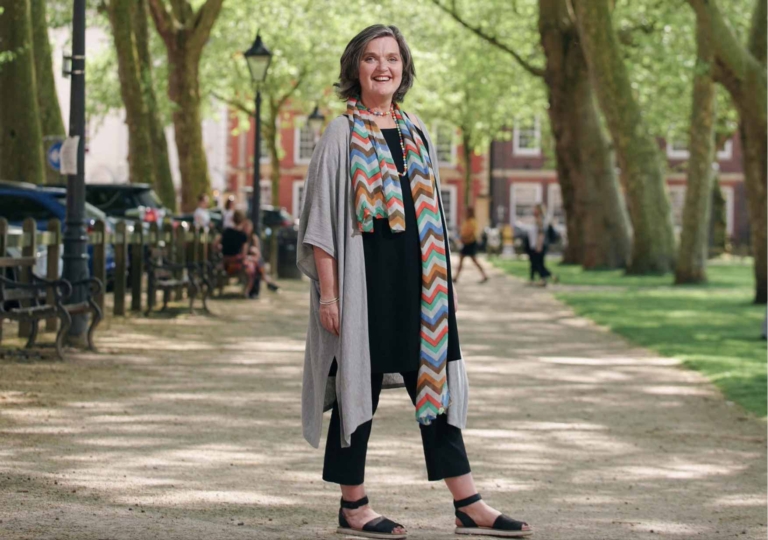David Grundy - Invenias
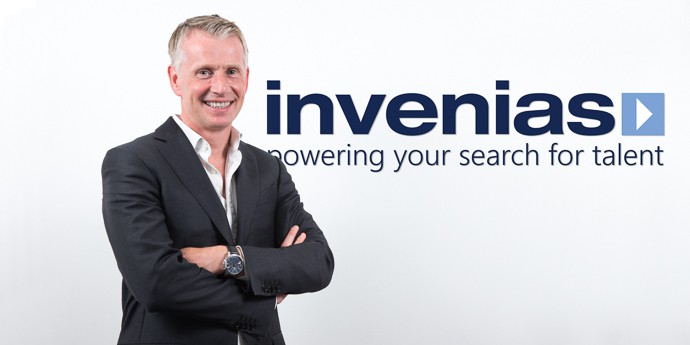
The Reading-based fast growth cloud software provider Invenias, was recently listed in the British Venture Capital Association’s handbook of venture capital innovation as one of 'Britain’s Hot Talent' 2014/15. The business, co-founded by David Grundy, specialises in cloud-based technology for the executive search and strategic recruitment sector and, with operations throughout the US, Asia, EMEA, it boasts a $6 million turnover. With year-on-year growth of 75% for the past five years, Invenias now has over 600 customers worldwide, with users in 50 different countries.
Born in London, growing up in Suffolk and then Shropshire, where he was educated at the local comprehensive school, David Grundy gained a degree in geology and geography at the University of Gloucester. A visit to a careers fair in Birmingham gave him what he describes as the first of many “lucky breaks” and, as a result, he joined the graduate intake at FTSE 100-listed engineering giant IMI, a role which took him into the technology arena. From there, he went on to work for Oracle, StorageNetworks and eCal, before co-founding technology search firm Erevena, and then Invenias. David Grundy is married and lives in Henley with his wife Sue and three children.
What was your first job?
Like many people my first job came in the form of a paper round, but my first proper job was as a sales executive for systems development services provider IMI, who provided services to the IBM mainframe community. Although in 1988, fewer people really understood just how pervasive technology would become in all our lives, it was clear to me that whatever I ended up doing, starting in technology would be a valuable grounding. It gave me a unique opportunity to work across different disciplines, such as systems development, technical services, sales and customer services with some of the largest companies in the UK.
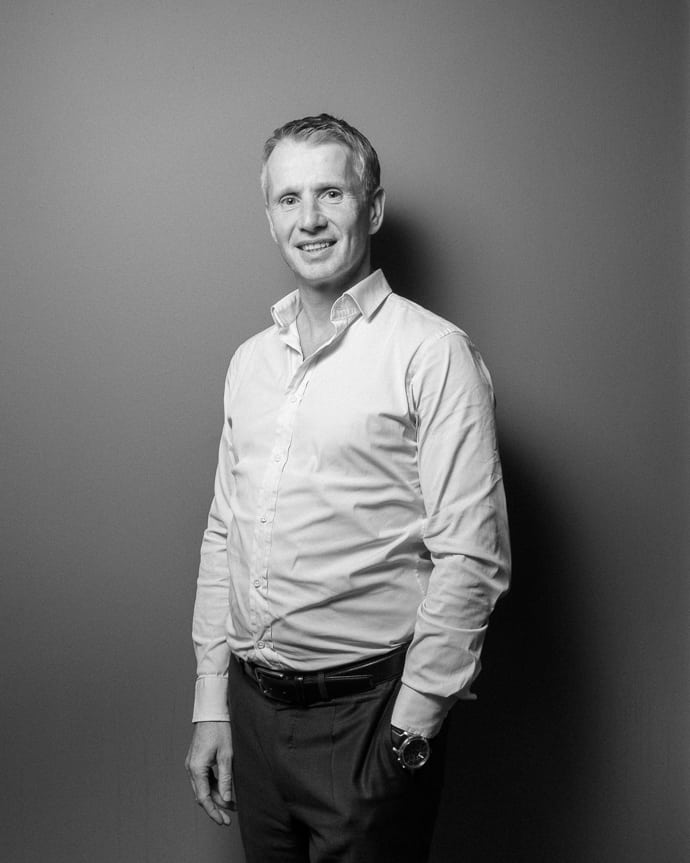
When did you move on from there?
By the early 90s, it was pretty clear that the future for computer software probably lay in products and product development rather than bespoke systems, and I had the opportunity to join Oracle in Reading, where I spent seven years. At a relatively early age I found myself leading the BT sales team which, by the second half of the decade, became the most financially successful team in Oracle worldwide. It was at this time that I realised you can do amazing things if you have a great team working with you, a clear strategy and plan, and great product in your kit bag.
You also joined the dot-com boom
Yes, 1999 brought the dot-com excitement, which was when I joined first eCal and then StorageNetworks. eCal had what then seemed to some, the crazy idea that people would start to put all their personal data on platforms on the internet and start to share the information. Of course, today it’s called the cloud and the concept is commonplace, but it wasn’t then and proved the risks of being too early to a new market. For a time they were one of the hot dot-coms, with an IPO all set ready to go, but the crash hit most of their customers very hard and, as revenues dropped off a cliff, they didn’t have the financial resources to survive.
Boston-based StorageNetworks was another visionary company in the dot-com era whose market cap had once exceeded Boeing’s. It believed – and was eventually proved right – that storage could be provided as a service in the cloud, however it was 10 years before that vision became mainstream, by which time it was gone. I had three years in the dot-com world, experiencing extreme highs and lows, it was intense, a time of great learning for us all and one where many strong friendships were formed.
What prompted you to found your own businesses?
I had been doing a lot of travelling, especially to the US and, having married and had two young children at that point, I had the desire to work for myself. I wanted to build a business in the UK where I had the opportunity to be engaged across the totality of the business and be closer to home.
My original intention was to create a software company; while I was researching opportunities I continued to receive calls from headhunters and former colleagues about potential new roles. Though personally focused on my own path, I often got involved in helping to find alternative candidates and realised there was an opportunity to leverage my background and network and generate some income, while still researching software opportunities. I decided to contact Dan Hyde, a head-hunter who I’d worked with in the past, and who with Jon Irvine was in the early stages of setting up Erevena, a search firm specialising in executive search across the technology sector. We agreed to become co-founders, with me working 50% of my time in search activities and the remainder continuing to develop software opportunities.
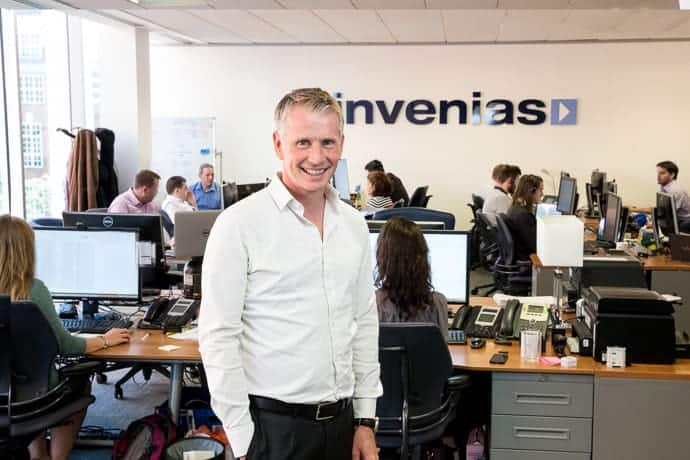
How did that lead to Invenias?
The executive search business grew strongly and it soon became clear that to enable the company to scale we needed to bring in much better technology. I looked at the existing software in the market and was uninspired, I believed we needed a software product that the team would really want to use, otherwise we wouldn’t get the adoption by users and it would be pointless. It felt overall the executive search and recruitment market was under-served by technology and it was also perhaps later than some sectors at embracing how technology and systems were central to the way businesses could be run.
It really was a case of necessity being the mother of invention, I put together a very simple specification for a solution which would be easy to integrate with Outlook, as that was the office tool used by most people in the sector, with the server based in the cloud (then called hosted). Next we needed to find someone to build product and met Richard Harrison, who had an identical vision and was working on early-stage product. We combined forces and formed a great partnership with his product and technical expertise complementing my commercial experience.
How did you fund the business?
We funded the business initially with investment from Erevena, and kept costs very low. Through the 2008/2009 recession, salaries were reduced and often absent and mortgages were increased. As the company grew, the revenues became sufficient to sustain the business at a sensible level, and in 2013 we took institutional investment from MMC Ventures to fund international expansion and development of the company.
Describe your day-to-day role
We have a very experienced executive team in place which means I don’t have to oversee any individual function. In many ways, I’m still at my happiest when I’m with customers. I think it’s great for the business that I spend time with the people who pay our bills.
I’m also involved in everything from market strategy to product innovation. It’s essential to spend a lot of time thinking about what the different markets want from our software, what our competitors are doing and how our new technology can help customers change the way they work. Our customer and our products are at the heart of what we do.
Did you always believe you would succeed?
We never set out to build a small business, we always knew there was a decent-sized market for our product. After the first few hundred customers, we probably felt we had got to the point where we had proven our credentials and had the platform on which to build for the future. We don’t ever expect to be there by right, but we have the necessary ambition, people and product, to build a great British software company.
Is there a secret to your success?
We were able to take a product to people that was fresh, different, simple, intuitive and easy to use – and it changes the way they do business. We are very innovative, our approach is not just to give customers software, but to help them change the game.
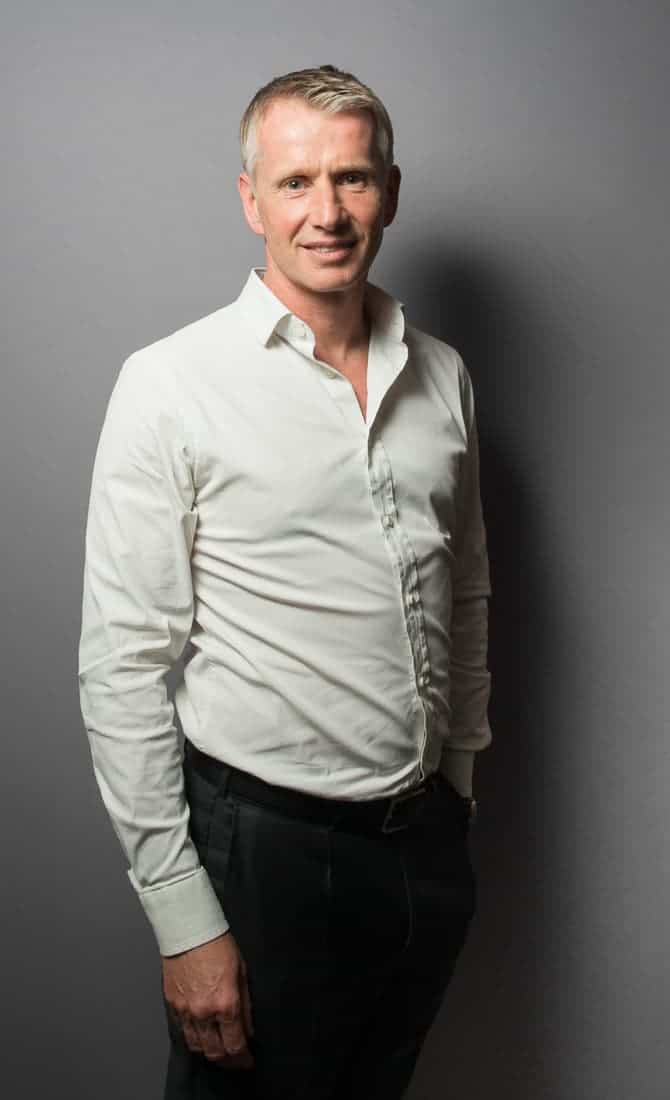
Name some of your milestones
We’ve had a lot of them. We measure our success by the customers who choose to put their faith in us. If a highly-respected company selects us to work with, then that’s a massive milestone.
When MMC Ventures decided to invest $4m in us in 2013 it made us very proud. They have lots of places they can invest their money, and we felt that was a real mark of recognition. On a par with that was when Mark Farmer came on board as a private investor and chairman. He is highly respected on the British technology scene. The fact we were getting a commitment from him was pretty fantastic.
And of course, the people who chose to join us; we have a great team and that’s very important.
Where does the business go from here?
I’m very much involved in how we can scale and grow the business in all different aspects, particularly when operating out in the US. We’re forecasting growing our workforce by another 50% in 2015 and we’ll only do that by taking people on in different leadership positions. I want to spend my time hiring people so I can make sure we stay aligned and focused on our market, customer service and delivery, and don’t become too inward looking.
Who inspires you?
Elon Musk (founder of Tesla and Space X) is building game-changing companies and shows us all what truly amazing products look like. Invenias is used by their in-house executive talent team so were really proud of that.
How would you describe yourself?
I would like to think I am very fair, decent and driven.
What do you do on your time off?
I enjoy spending a lot of time with my family, I don’t have any great hobbies, but I try to stay fit. I’m currently studying navigation for my day skipper qualification ahead of our sailing holiday this summer.
Details: www.invenias.com







